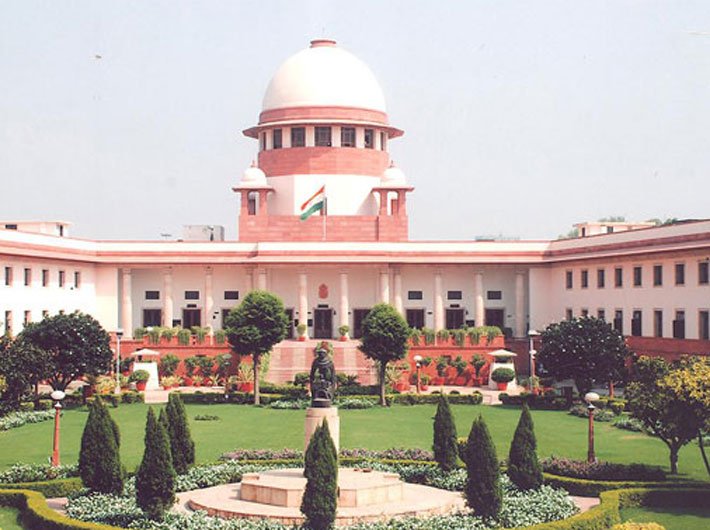By shutting out a fair participatory inquiry, the SC is pushing people who do not yet believe the charge against the CJI to entertain doubts if their disbelief was incorrect
At the supreme court, the panel for inquiry has submitted its report to the CJI. It says the report will not be made public and no copy will be given to the former lady employee whose complaint started the inquiry.
The report was submitted soon after justice DY Chandrachud wrote to the panel urging it not to proceed ex parte. Whether the full court would get to see the report, we have to wait and see. Thus, the CJI, the person complained against, would get to see the report but not the complainant, not the nation, maybe not the full court – but only the CJI or a few more.
We are told that the inquiry was informal and in house, so public is persona non grata. Though We the People gave the Constitution to ourselves for Justice, Liberty, and Fraternity with Dignity, how can we people muster courage and demand as of right the entitlement to see the report and be satisfied that Justice has not been the casualty and reasons are impeccable or whether the reasons are at all given? It has been the trait of monarchy, imperialism, dictatorships and authoritarian empires to shut out information and knowledge about what may supposedly impact them adversely so as to avoid scrutiny. Why has our highest judiciary relapsed into this monarchical and dictatorial scheme of dispensing justice by seeking refuge behind the smokescreen of informal in-house inquiry at a time when the credibility of the Institution is at stake?
From the beginning an attempt has been to shut out inquiry. Let us recall the emergent sitting of three judges on April 20 with the CJI presiding to clear himself. Protests led to a panel of enquiry ratified by a full court (so the press says). The lady was denied lawyers’ assistance despite the heavy atmosphere when she was deposing before three judges against their own senior most. This was difficult to understand. Even the sane voice of justice Chandrachud, presumably enjoying the support of some other judges (though a news report says most judges supported CJI), was brushed aside.
Compare this with the open inquiry against judge Kavanaugh before the senate in the US. Scrutiny by people is the hallmark of justice. True, judge Kavanaugh was examined in the process of appointment. He was cleared too. But the process instilled confidence in the judicial system. Institutional integrity and credibility was preserved. Contrarily, the panel inquiry and the suppression of its report from Us the People have dented the prestige, credibility and integrity of the judicial system. Justice has become cloistered, emasculated and we have been blindfolded. Monarchical justice this is.
The independence of the judiciary does not justify cloistering it and blindfolding people by an emergency-like fiat. True, this is a basic feature and it is important to preserve the rule of law and protect fundamental rights, the other basic features. But it can be referred only to protect and preserve the other basic features and not to destroy the other fundamental features. There would be, and here it was, occasions when these gods in the pantheon of Basic Structure would stand in war with each other. It is their harmony which matters. Every time there is a seeming conflict between the basic features the true balance is to be found.
The independence of the judiciary cannot be allowed to trump or trample or abrogate the rule of law, the Preamble and Article 14 which require fairness, reasonableness, justice to be done and to appear to be done, effective participation with dignity, even-handed justice and scrutiny of reasons. The Supreme Court should not sulk or withdraw into its cocoon or hide behind the fig leaf of ‘informal’ and ‘in-house’. Don’t carve out norms and procedures which stultify the course of justice and scrutiny. Scrutiny is intrinsic to democracy. By shutting out fair participatory inquiry you are pushing people who do not yet believe the charge against the CJI to entertain a doubt if their disbelief was incorrect.
If the full court ratified the panel of inquiry, the report too must go to the full court. The full court must give it a close look, in the absence of the CJI. If this too is avoided it would be a mockery of justice. There cannot be independence from the full court. The full court is higher than all individual judges. Please do not shirk collective responsibility. Judicial power vests there. We look up for a responsible and democratic judiciary.
Please remove the blindfold from our eyes. Trust the people. People need the judiciary. They want its independence. They trust their judges. Do not betray their trust. You stand at the brink. Don’t run away from the Agni Pariksha. Disclose the report to the people.
Dwivedi is senior advocate, supreme court.

